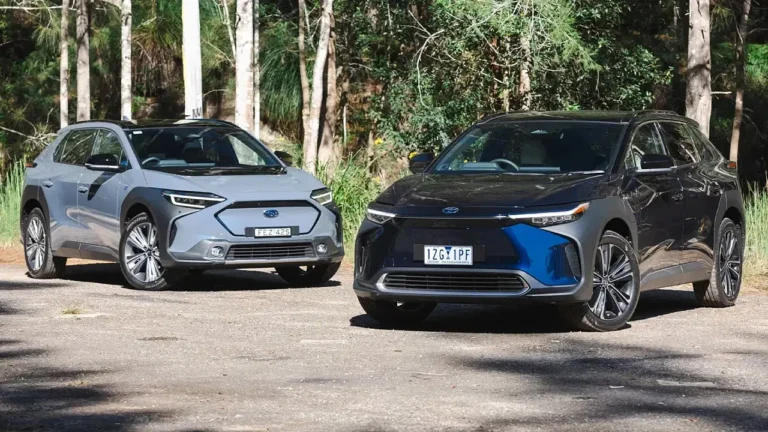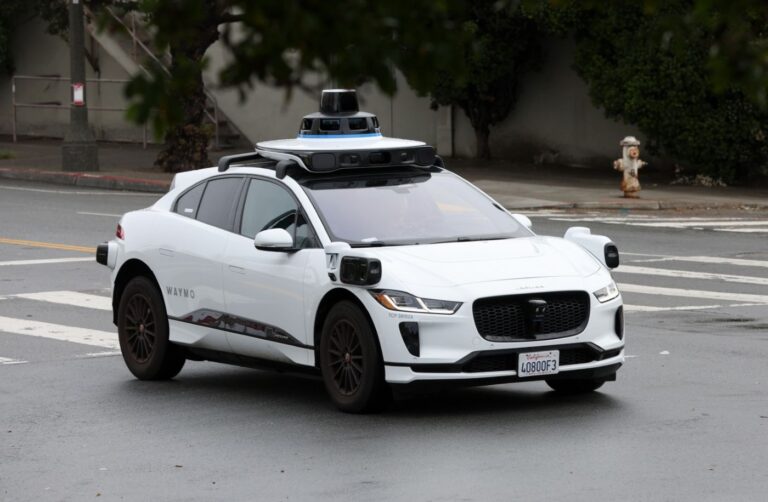We may only be six weeks into 2025, but it’s already evident that this year is shaping up to be another strong one for EVs and PHEVs. Following a record-breaking 2024, where global sales of electrified vehicles surged by 26%, January has started on a high note, with all major markets reporting substantial year-over-year growth.
According to data from RHO Motion, an estimated 1.3 million EVs and plug-in hybrids were sold worldwide last month—an 18% increase compared to January 2024. However, this figure also reflects a significant 35% decline from December 2024, largely driven by a steep 43% drop in sales from China, the world’s largest EV market. This seasonal decline is expected, as car sales in China typically slow due to the Chinese New Year holidays.
China’s Growth vs. December’s Slump

Despite the overall decrease from December, the year-over-year comparison paints a more optimistic picture. In China, around 700,000 EVs and PHEVs were sold in January 2025, marking a 12% increase from the same period last year. Meanwhile, the EU, EFTA, and UK region also saw solid gains, with approximately 250,000 electrified vehicles sold—up 21% from January 2024, though still 19% lower than December’s figures.
Germany Rebounds While France Struggles
Germany, Europe’s largest auto market, is showing signs of recovery. After a challenging 2024, when sales suffered due to the withdrawal of key subsidies, the country bounced back in January with a remarkable 40% increase in sales compared to the previous year.
France, on the other hand, is facing a different reality. Sales there plummeted by 52% from December, a downturn partly attributed to the introduction of a new weight tax on PHEVs. This policy shift may be inadvertently discouraging consumers from adopting electrified vehicles.

North America: A Mixed Performance
Across the Atlantic, EV and PHEV sales in the U.S. and Canada totaled approximately 130,000 units in January—an impressive 22% rise from the same month in 2024. However, sales also dipped 28% from December 2024. RHO Motion suggests that the recent tightening of eligibility for the full $7,500 federal EV tax credit could slow the market’s growth throughout the year.
Interestingly, despite Donald Trump’s return to the White House, demand for electric vehicles appears largely unaffected—perhaps a sign that some industry shifts transcend political influence.



